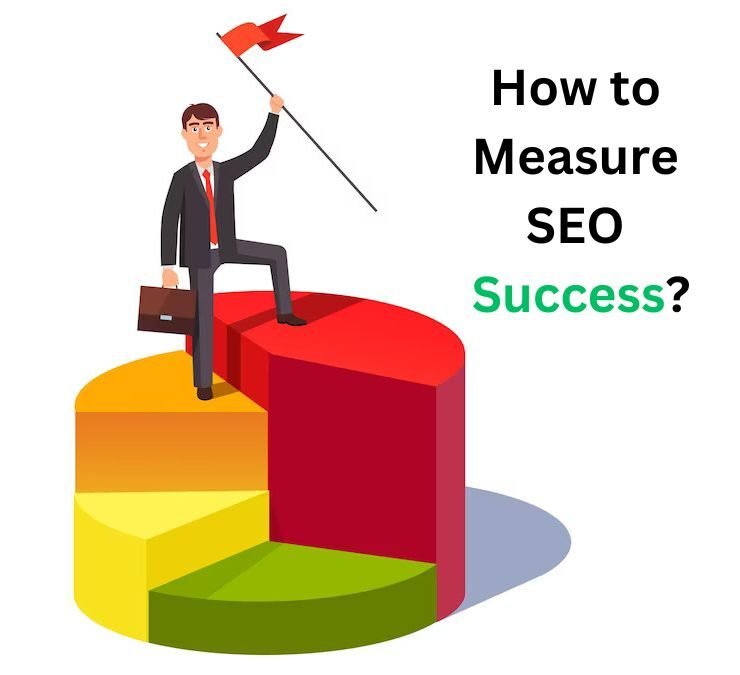The digital marketing landscape is teeming with data, and when it comes to Huntsville Search Engine Optimization, gauging success requires a keen understanding of the right metrics. But which ones truly matter? Here’s a guide on the key indicators to monitor to assess the effectiveness of your SEO efforts.
Organic Traffic
Table of Contents
Perhaps the most direct indicator of SEO success is the amount of organic traffic your website receives. Using tools like Google Analytics, monitor the number of visitors who arrive at your site through search engines. A steady increase in organic visitors typically indicates effective SEO efforts.
Keyword Rankings
Ranking for relevant keywords is at the heart of SEO. Use SEO tools such as SEMrush, Ahrefs, or Moz to track the position of your website for targeted keywords. While securing the top spot is ideal, even moving up in rankings can lead to significant traffic boosts.
Conversion Rate from Organic Traffic
Monitor how many of your organic visitors perform desired actions, be it signing up for a newsletter, making a purchase, or filling out a contact form. A higher conversion rate can indicate that you’re attracting the right kind of audience.
Bounce Rate
A high bounce rate can indicate that, while your site might be ranking for certain keywords, the content might not be relevant or satisfactory to visitors.
Page Load Time
Site speed is not only a ranking factor but also critical for user experience. Tools like Google PageSpeed Insights can provide insights into your website’s loading times. Faster loading times can lead to better rankings and user retention.
Backlink Profile
Regularly audit your backlink profile using tools like Ahrefs or Moz to ensure you’re gaining quality links and not being harmed by toxic ones.
Click-Through Rate (CTR) from SERPs
Even if your website ranks well, it’s essential to check if users are clicking on your link. A low CTR can indicate issues with your meta title or description. Google Search Console can provide data on your site’s CTR for various queries.
Local Visibility (for local businesses)
For businesses operating in specific regions, local SEO is crucial. Monitor your rankings in local packs and ensure your Google My Business listing is optimized and frequently updated.
Indexed Pages
Using Google Search Console, monitor how many of your site’s pages are indexed. If you notice that many of your pages aren’t being indexed, it could indicate issues with site structure, crawlability, or duplicate content.
User Engagement Metrics
Metrics like average session duration and pages per session in Google Analytics can provide insights into how engaged your visitors are. Higher engagement often indicates that your content is relevant and valuable to users.
ROI (Return on Investment)
Ultimately, SEO is an investment, and understanding its ROI is crucial. Calculate the revenue generated through organic traffic and weigh it against your SEO expenditures. A positive ROI indicates that your efforts are paying off.
In Conclusion
SEO is a multifaceted discipline, and its success can’t be determined by a singular metric. By keeping an eye on the comprehensive set of indicators mentioned above, businesses can gain a holistic view of their SEO effectiveness, making necessary adjustments and continuously improving. Remember, the world of SEO is dynamic, and what works now might change in the future. Continuously monitor, adapt, and strive for better results.














































